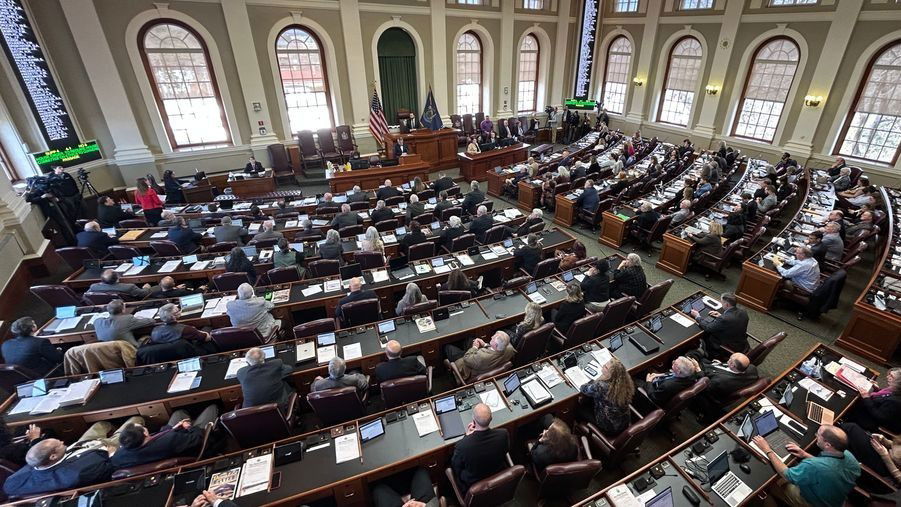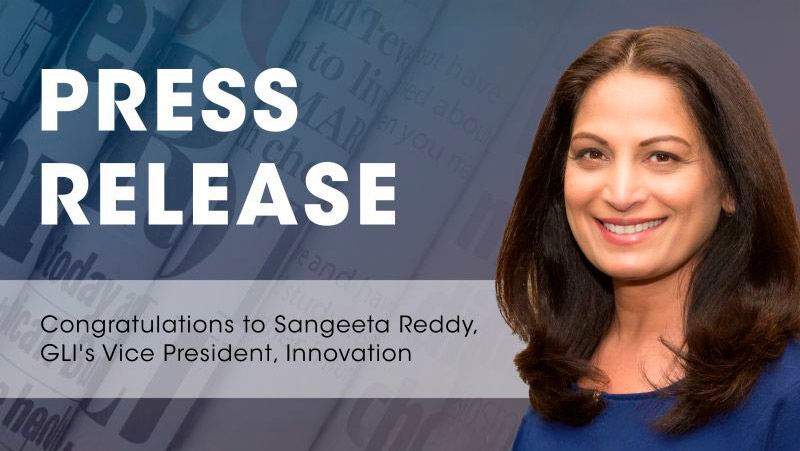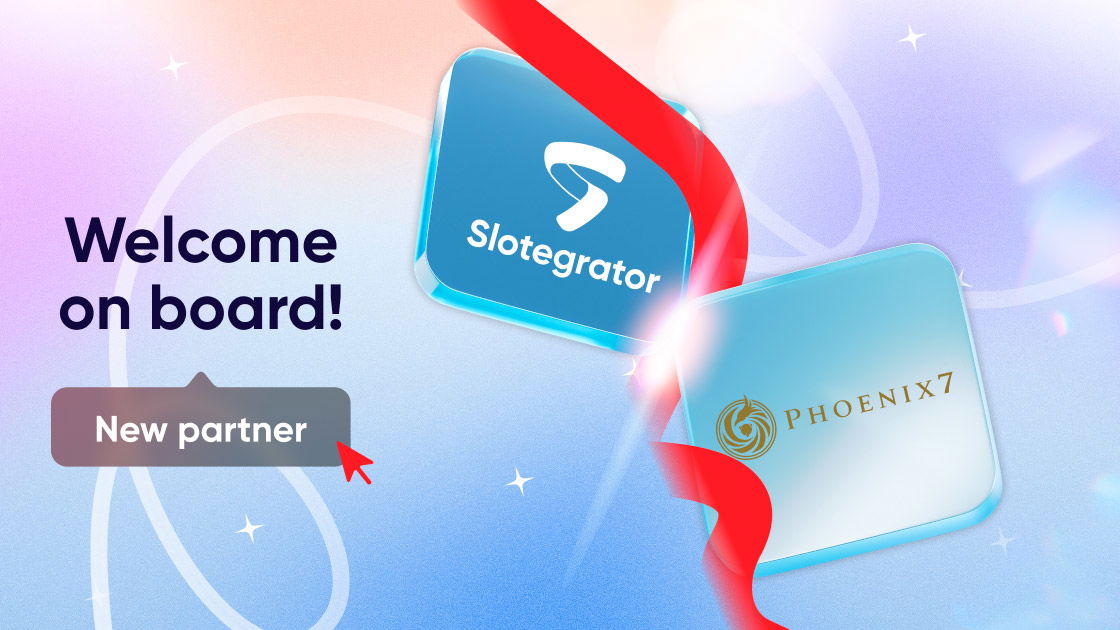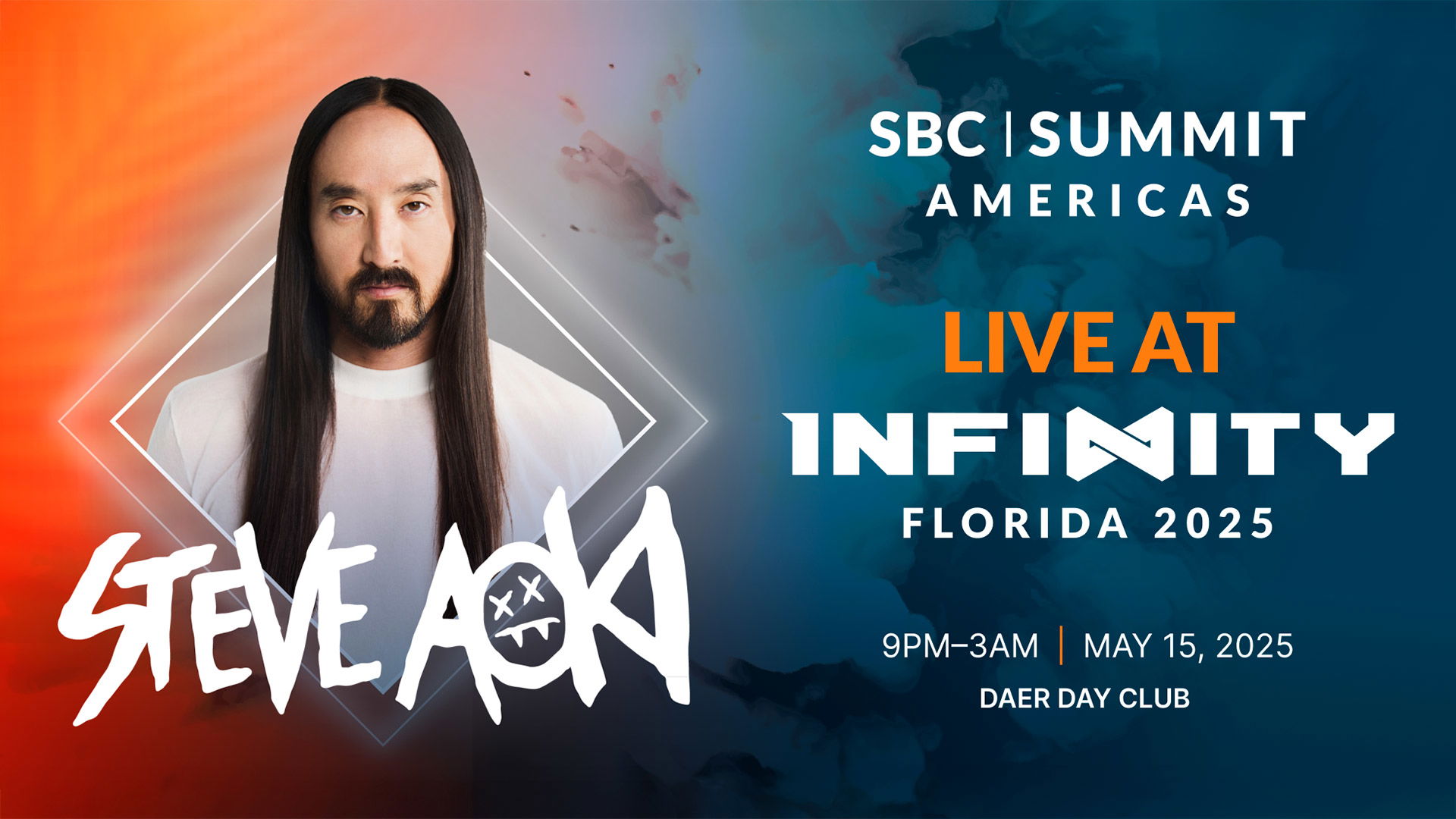California's Supreme Court denies cardrooms' case against tribal sports betting ballot initiative
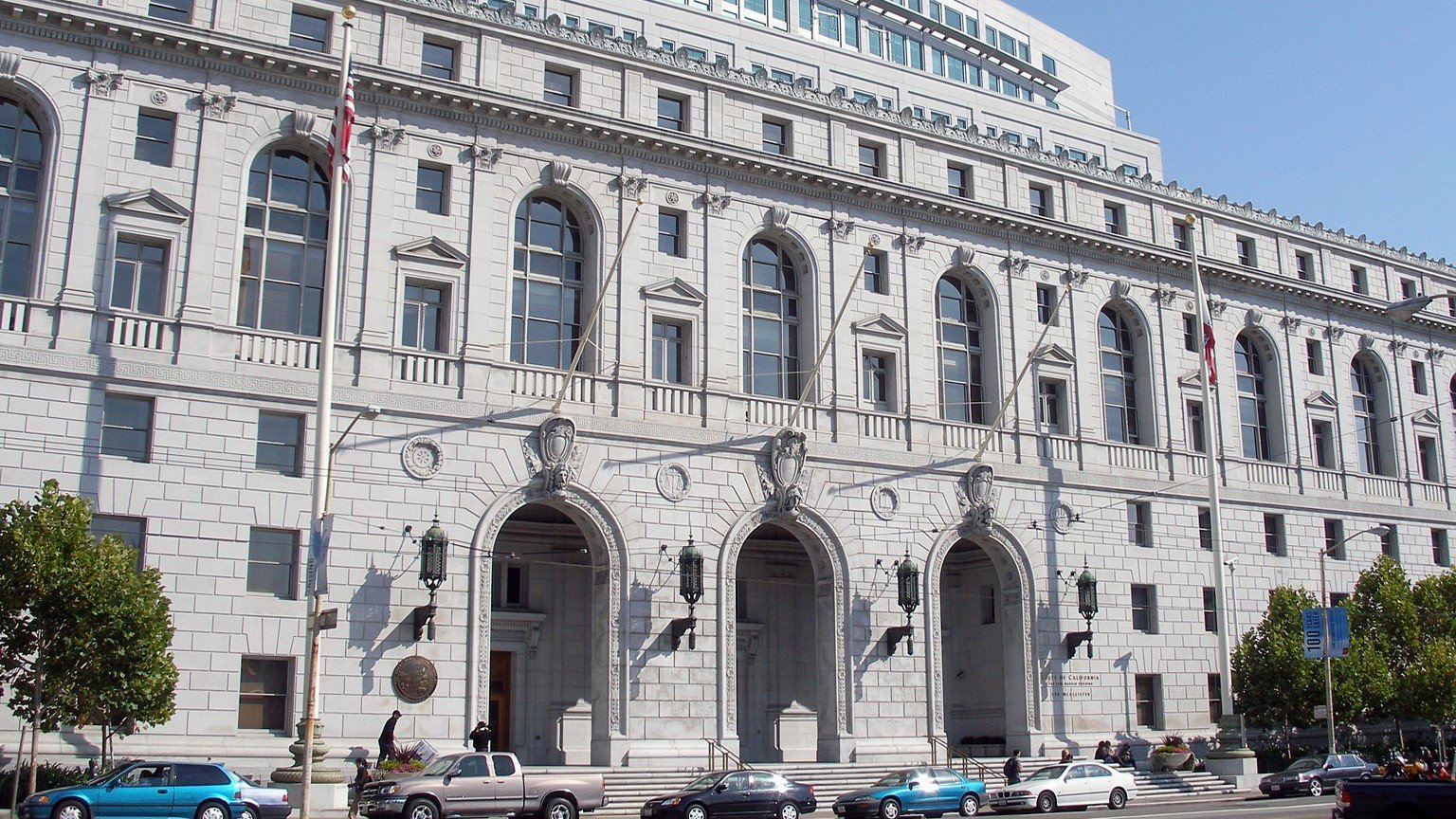
California's Supreme Court on Wednesday refused to block a November ballot measure sponsored by four tribes that would expand gambling at tribal casinos by allowing in-person wagering at tribal casinos and four horse racing tracks, as well as roulette and dice games.
It is the only initiative to qualify so far with more than 1.5 million signatures, but it was challenged by two legal gambling cardrooms, the Hollywood Park Casino in Inglewood (Los Angeles County) and Cal-Pac Rancho Cordova (Sacramento County). Top supporters of the initiative include the Pechanga Band of Luiseno Indians in Riverside, the Yocha Dehe Wintun Nation near Sacramento and the Federated Indians of Graton Rancheria in Sonoma County.
The cardrooms contended that the tribes’ initiative violates the state Constitution because it covers multiple subjects: sports betting, roulette and dice games, as well as including a provision allowing the tribes to file suit, in the name of the state, against organizations that violate other limits on gambling under California law, San Francisco Chronicle reports. That law is the Private Attorneys General Act, which enables private citizens to sue violators of certain state laws and collect 25% of the penalties, with the rest going to the state.
Legalization of roulette and dice games and authorization of private enforcement suits are “special-interest giveaways” unrelated to the “authorization, taxation and regulation of sports wagering,” lawyers for the cardrooms told the court.
However, the state Supreme Court has seldom disqualified ballot measures for allegedly covering multiple subjects, upholding past initiatives whose provisions bore some relationship to a general topic, such as crime. On Wednesday, the court denied a hearing on the cardrooms’ lawsuit, in a one-line order with no indication of a dissent from any of the six justices.
The cardrooms, which filed their case directly with the state’s high court in December, plan to refile it in Los Angeles County Superior Court in hopes of a favorable ruling as the case proceeds. “This is not the end of the case but rather the beginning,” said the cardrooms’ lawyer, Maurice Suh.
The tribal campaign was “pleased, but not surprised” that the court had rejected the cardrooms’ request to remove the ballot measure, campaign spokesperson Kathy Fairbanks told the local newspaper. In the meantime, the tribal measure remains on the November ballot. Rival initiatives have been proposed but have not yet qualified.
A second initiative is supported by the mayors of San Jose, Colma, Inglewood and Gardena alongside major cardroom operators, and would legalize online and in-person sports betting while also permitting licensed cardrooms to offer additional card and tile games currently limited to tribal casinos.
Another one, backed by DraftKings, FanDuel and other national operators, would legalize online betting in partnership with tribal casinos that meet certain requirements while directing 85% of tax revenues to homelessness programs. It has gained the support of Fresno Mayor Jerry Dyer and the mayors of Sacramento, Oakland and Long Beach. These two last proposals are still gathering signatures.
In January, California Secretary of State Dr. Shirley N. Weber announced that the proponents of the state's fourth sports betting initiative, backed by the San Manuel Band of Mission Indians and other three tribes, were cleared to begin collecting petition signatures for the November 2022 ballot. This tribal initiative, presented last November by the San Manuel Band, the Rincon Band of Luiseño Indians, the Federated Indians of Graton Rancheria, and Wilton Rancheria, seeks to give tribes exclusive rights for operating both in-person sports betting on tribal lands and online gambling statewide. It also promises funds to solve California’s homeless struggles as it would send 85% of tax revenue per year toward helping people secure housing.
State law allows proponents of a ballot initiative to withdraw their measure any time before the final deadline on June 30.


